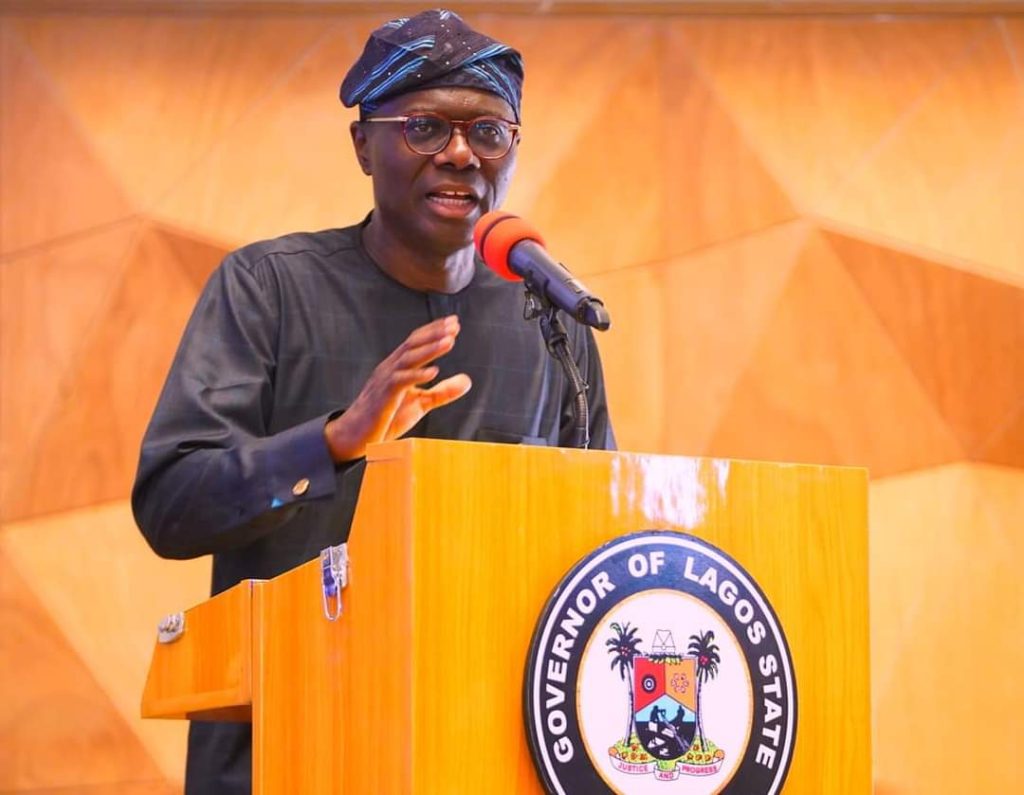Burkina Faso’s leading Islamic organization has launched a nationwide effort to curb online hate speech amid escalating extremist violence, uniting hundreds of religious leaders in a push to counter dangerous rhetoric. Nearly 250 imams and preachers convened over the weekend for a workshop organized by the Federation of Islamic Associations of Burkina Faso (FAIB), which distributed new guidelines to prevent the misuse of religious messaging. The code of conduct explicitly bans preachers from deploying inflammatory language, violent appeals, or sectarian insults in sermons or online posts, according to Radio France Internationale (RFI), a key source for the event.
The initiative follows an October incident in which a viral video showed a preacher inciting attacks against a rival Muslim group—a moment FAIB described as exposing “dangerous deviations” in religious discourse. Violations of the new guidelines could result in disciplinary measures or criminal charges, including suspensions of up to two years from preaching. In a Facebook statement, FAIB emphasized its commitment to training religious figures in “responsible social media use” and improving their understanding of digital communication’s risks and responsibilities.
The crackdown comes as Burkina Faso grapples with one of the world’s most severe terrorism crises. The Sahel region, which includes the country, has recorded over 6,000 terrorism-related deaths annually for three straight years—over half of global totals—according to UN Deputy Secretary-General Amina Mohammed. Burkina Faso alone saw a 68% spike in such fatalities recently, surpassing all other nations.
Experts link the violence partly to the rapid growth of social media across Africa, which a recent UN Development Programme (UNDP) report called a “double-edged sword.” While platforms empower connectivity, they also enable extremists to exploit grievances, amplify divisive content, and recruit followers globally. Algorithms that prioritize emotionally charged posts risk reinforcing radicalization, the report warns.
FAIB’s campaign reflects a broader recognition of how online spaces can fuel real-world instability. “This isn’t just about theology—it’s about survival,” said a regional analyst familiar with the initiative, speaking anonymously due to sensitivity. “When sermons calling for violence go viral, they don’t just divide communities; they put lives at stake.”
The federation’s guidelines now task religious leaders with actively promoting social cohesion, both offline and in digital forums where extremist narratives often take root. Success, however, hinges on enforcement in a nation where armed groups control swaths of territory and internet access remains uneven. For now, the workshops signal a rare consensus among clerics: destabilizing speech, even when framed as religious fervor, can no longer be tolerated.



